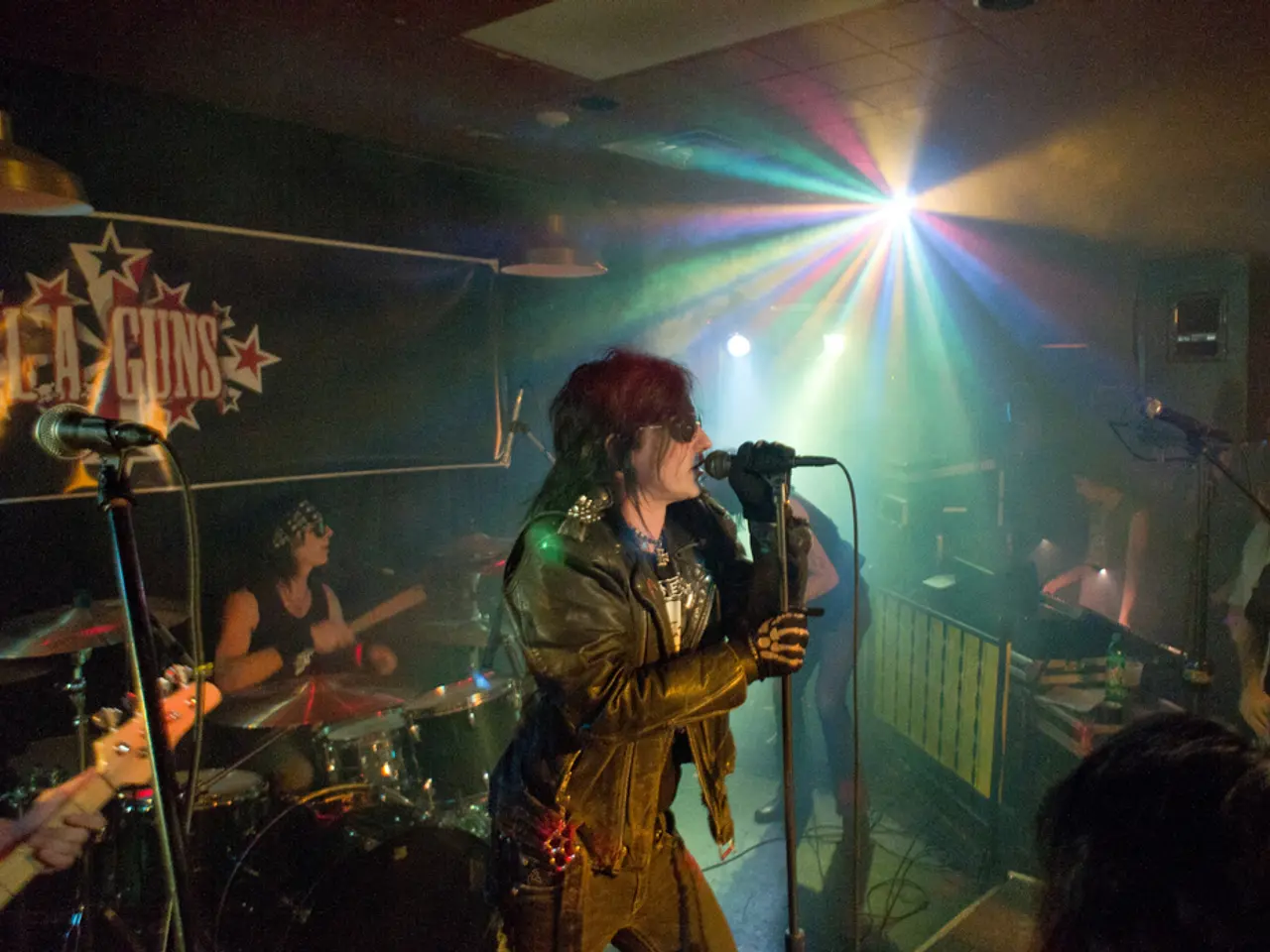A glimpse into the Jewish musical contributions of the Civil Rights Movement in Los Angeles
Cantor Julius Blackman, a prominent figure in Los Angeles' Jewish community, made significant contributions to the world of Jewish liturgical music and championed important social causes. His life and career have recently been the subject of a comprehensive interview on the Milken Archive Oral History Project.
One of Cantor Blackman's most notable achievements was his collaboration with Italian-American composer Mario Castelnuovo-Tedesco and African American soprano Georgia Ann Lester in a concert in 1953. This event, historically significant, represented a milestone in cultural exchange and social harmony during a time of racial tensions in mid-century Los Angeles.
Beyond his artistic endeavors, Cantor Blackman was an advocate for labor rights for synagogue clergy. He championed efforts to improve working conditions and professionalize cantorial roles, aligning with broader movements pushing for fair labor treatment in religious professions during the mid-20th century.
Cantor Blackman's activism extended to the civil rights movement as well. He fostered inclusivity and cultural exchange through music and community engagement, leaving a lasting impact on mid-century Los Angeles.
In addition to his work in advocacy, Cantor Blackman was instrumental in the formation of the Jewish Music Council. This advisory board, established in collaboration with the University of Judaism, aimed to raise musical education standards and foster a deeper appreciation for Jewish music.
The concert spearheaded by Cantor Blackman, featuring Castelnuovo-Tedesco's music and Lester's performance, represents the cultivation of a politic of activism and community building. This event, along with the efforts of other members of the Jewish community, serves as a testament to the political engagement and social consciousness that characterized the era.
Cantor Blackman, who passed away in 2018 at the age of 105, continues to be remembered for his groundbreaking work and enduring impact on the Jewish community. A recent performance of "The Queen of Sheba," a cantata by Castelnuovo-Tedesco, has been posted to YouTube, offering a glimpse into the music that was a cornerstone of Blackman's career.
For those interested in learning more about Cantor Blackman's life and career, his interview with musicologist Neil Levin is available on the Milken Archive Oral History Project. Details about Mario Castelnuovo-Tedesco and Georgia Ann Lester can be found on their respective websites, while the African Diaspora of Sacred Music & Musicians website offers further insights into Lester's career.
As we reflect on Cantor Blackman's life and legacy, it is clear that he was a trailblazer who left an indelible mark on the Jewish community and beyond. His commitment to social justice, labor rights, and the arts serves as a powerful reminder of the transformative power of music and community engagement.
Education and self-development in music was a significant part of Cantor Blackman's influence, as he helped establish the Jewish Music Council in collaboration with the University of Judaism, aiming to raise musical education standards and foster a deeper appreciation for Jewish music. (education-and-self-development, music)
Amidst his social advocacy and labor rights efforts, Cantor Blackman also made time for entertainment, most notably with a historically significant concert in 1953, collaborating with Mario Castelnuovo-Tedesco and Georgia Ann Lester, which represented a milestone in cultural exchange and social harmony during a time of racial tensions in mid-century Los Angeles. (entertainment, music)




